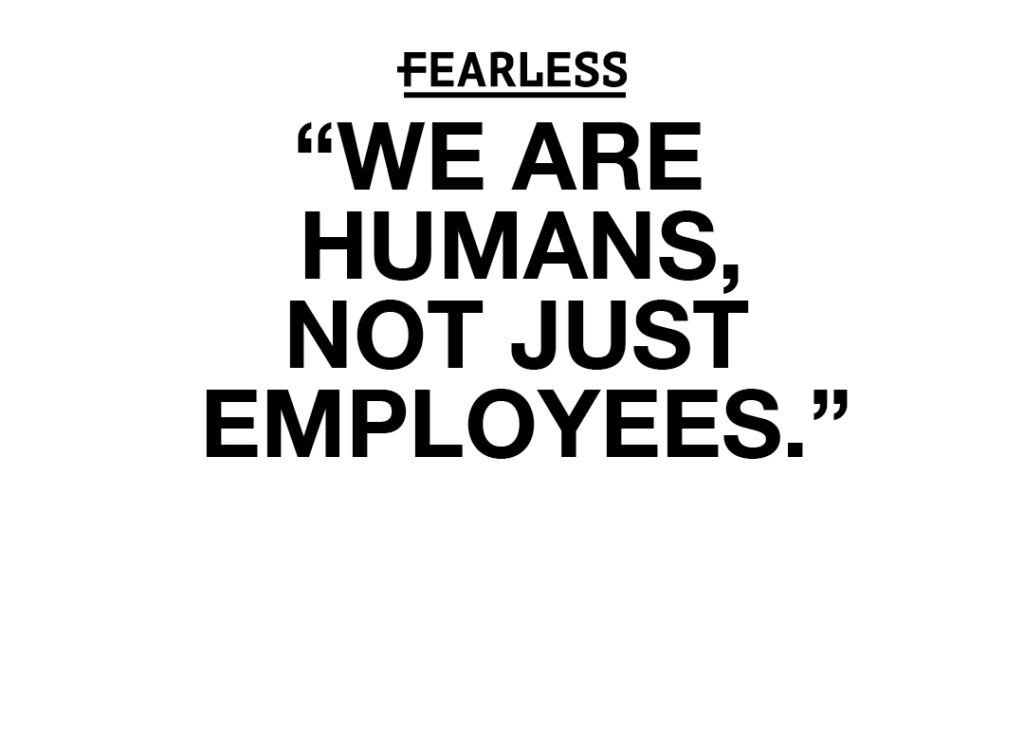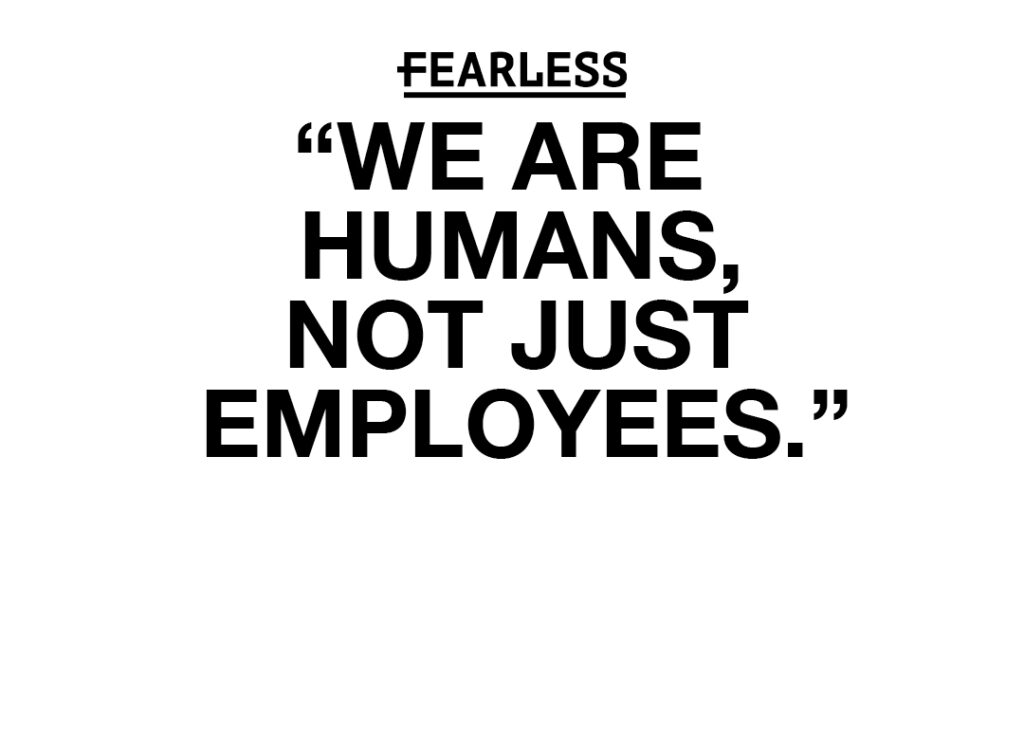On Leadership: Male Leaders
Honor Women’s History Month by mentoring a woman at work

SUZANNA de BACA Mar 17, 2021 | 1:51 pm
2 min read time
564 wordsBusiness Record Insider, On Leadership
Two men changed the course of my life in my early 20s. When I was the executive director of a small nonprofit organization, these two board members took me out for lunch and suggested I apply to business school as my next career step. Both were successful, established CEOs and they had seen leadership potential in me that I had not seen in myself. That encouragement led me to get my MBA and set me on a new path.
As I read multiple reports about how the pandemic has disproportionately affected working women, I can’t help but think about how male leaders’ influence and mentorship is critical for females in their organizations.
Working women need support more than ever — from male and female leaders. A recent report from LeanIn.org and McKinsey says 20% of women have “considered downshifting their careers or leaving the workforce due to lack of flexibility at work, housework and caregiving burdens and burnout.” Reviewing and changing policy, providing support and letting female employees know they are valued can make the difference between a woman remaining in her job or opting out of the workforce.
Male allies have long been a vital factor in the advancement of women. From the early days of the women’s suffrage movement in the mid-1800s, male champions helped women influence other men’s acceptance of law and policy by speaking, writing, signing petitions and funding projects as well as mentoring and supporting women through struggles and violence.
National Women’s History Month and International Women’s Day also involved male advocacy, in part because women had no ability to enact law or policy except through men who held those powers. The origins of these commemorated days stem back to March 8, 1857, when 15,000 women from New York City’s garment factories organized a protest over poor working conditions, marching through the streets demanding shorter work hours, higher wages, voting rights and an end to child labor.
Challenging unfair and unsafe conditions through those protests ultimately led to improvements in working conditions and the establishment of the first Women’ Day in 1911. But on March 25 of that year the unsafe Triangle Shirtwaist Factory in Greenwich Village burned, killing or injuring more than 200 women in one of the deadliest industrial disasters in our country’s history. Following this tragedy, women influenced male allies in the Legislature to push for change. Fortunately, they had the courage to act.
Women have made great strides since the early days of suffrage, from securing the right to vote to advancements in education, safety, work, health and life expectancy. But there is still much to be done to advance the status of women and men have a vital role to play.
Male leaders can make a difference by shaping workforce policy and culture to support gender equity, but championing and supporting individual women is also key. Many men are hesitant to mentor women today, but there are countless ways you can provide career development and advancement opportunities, flexibility or support for women in a professional manner.
I have benefited from male leaders who believed in me. In honor of Women’s History Month, consider mentoring a woman in your organization. Sometimes letting a colleague or employee know that you value her or see potential in her and encouraging her to pursue advancement can lead her to paths she has not even dreamed of.










